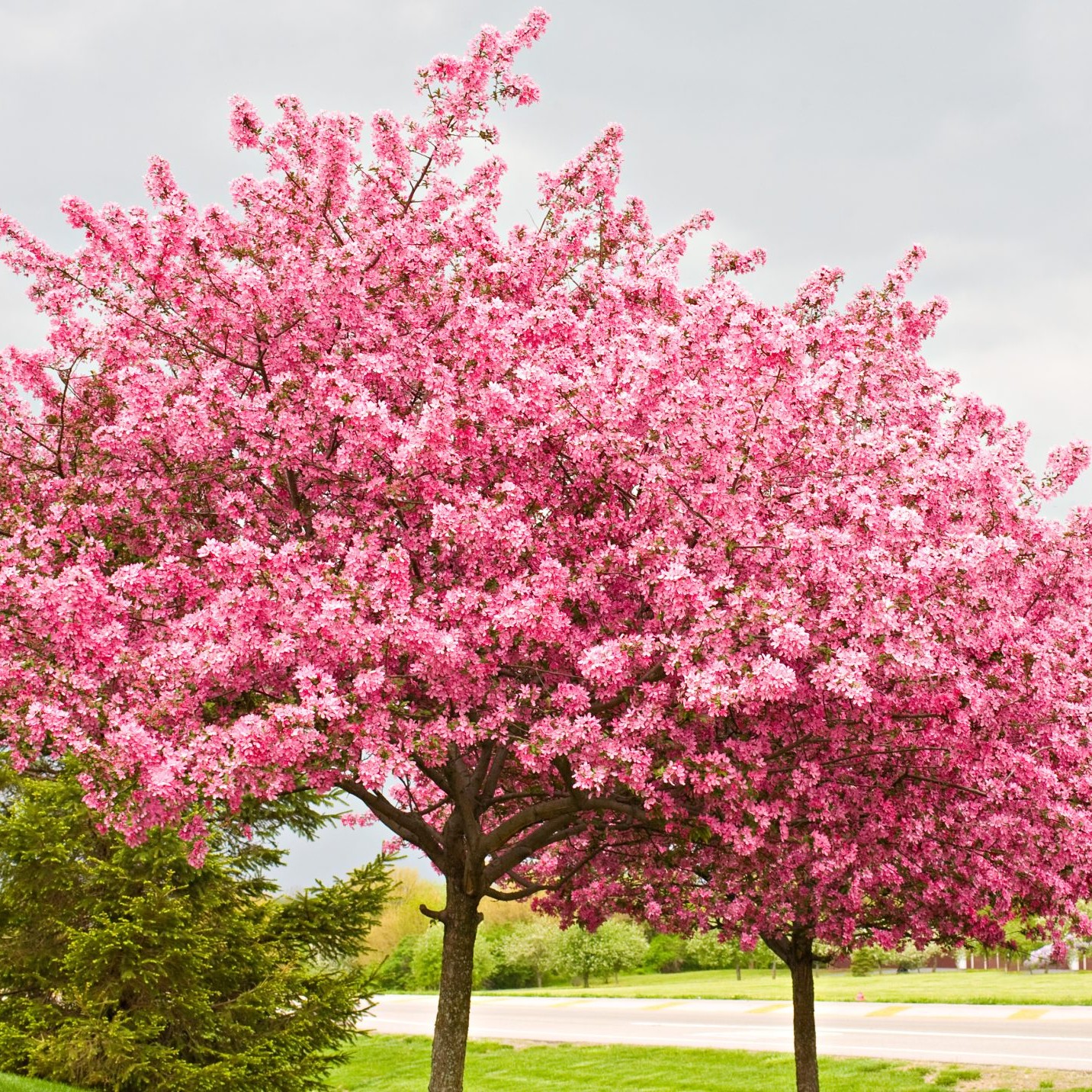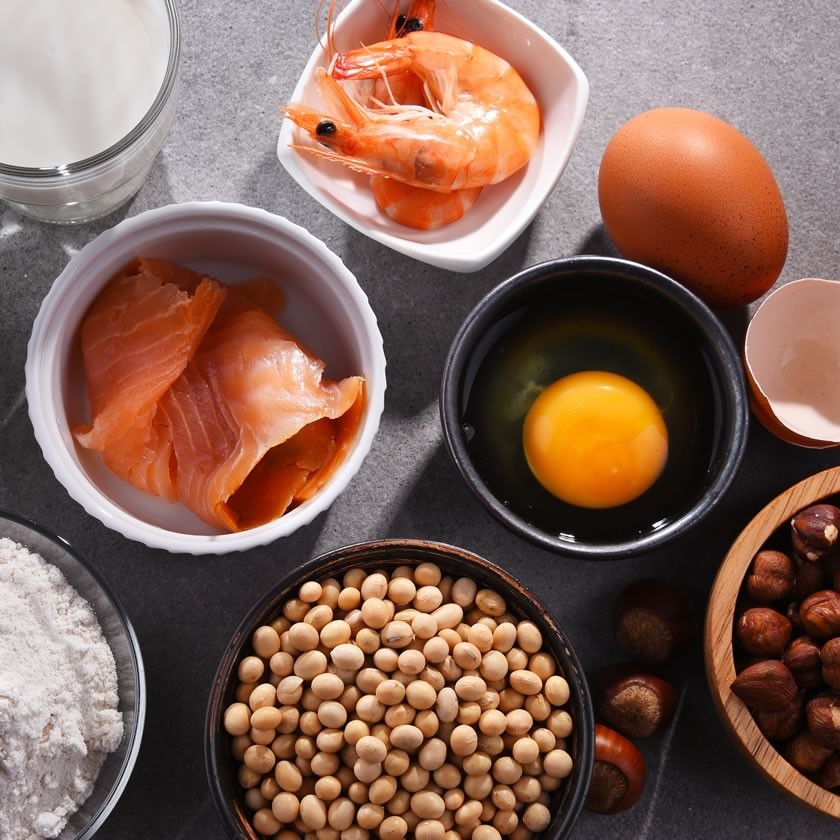Q. Several people have recommended I eat local honey as a remedy for my seasonal allergies. Does it really help?
A. There is a widespread belief that eating local, unprocessed or “raw” honey can help allergy symptoms by regularly exposing you to pollen – not unlike the concept of how allergy shots work. Allergy injections help desensitize pollen-allergic people by exposing them to a specific pollen or pollen mixture injected at regular intervals. An important difference here is that the pollen amounts in allergy injections are known, and progressively increasing to a certain level, for best results. Studies have shown allergy shots are very effective for decreasing seasonal allergy symptoms.
Local, unprocessed honey does contain small amounts of pollen from the environment. The pollen in honey is mostly from the flowers where bees are found (with flowering plant pollen less likely to cause allergy symptoms) and allergenic, airborne pollen from trees, grasses and weeds (not pollinated by bees!) in lesser amounts. Thus, the amount of allergenic pollen in the honey is typically very small, as bees don’t intentionally incorporate this pollen into the honey. This is considered a contaminant, like the bee parts, mold spores, bacteria and other environmental particles that can be found in honey. (Commercial processing seems to remove most pollen and contaminants.)
There is no scientific proof that eating local honey will improve seasonal allergies. One study, published in 2002 in the Annals of Allergy, Asthma & Immunology, showed no difference among allergy sufferers who ate local honey, commercially processed honey, or a honey-flavored placebo. And in rare cases there might actually be a risk. In extremely sensitive individuals, the ingestion of unprocessed honey can result in an immediate allergic reaction involving the mouth, throat, or skin – such as itching, hives or swelling – or even anaphylaxis. Such reactions may be related to either pollen or bee part contaminants.
Source: acaai.org
You may also be interested in . . .
Botanical Sexism: Does it impact allergy sufferers?
What is Botanical Sexism? Tom Ogren, horticulturist and allergy researcher, has done extensive research on ways to reduce pollen counts and pollen…
The BIG 9: Food Allergens
For the last 17 years, the official list of major food allergens, or “The Big 8” has consisted of milk, egg, fish, shellfish, peanut, tree nut, wheat, and…
Does eating local honey ease seasonal allergy symptoms?
You've probably heard that eating local honey can help ease your seasonal allergy symptoms. The idea is that bees transfer pollen spores from area plants…


